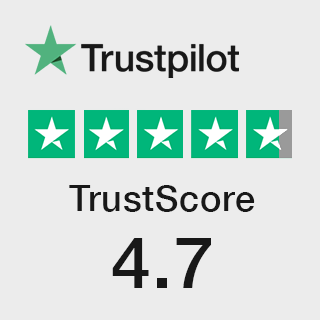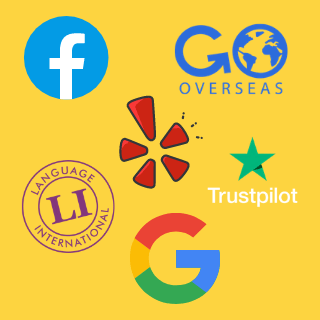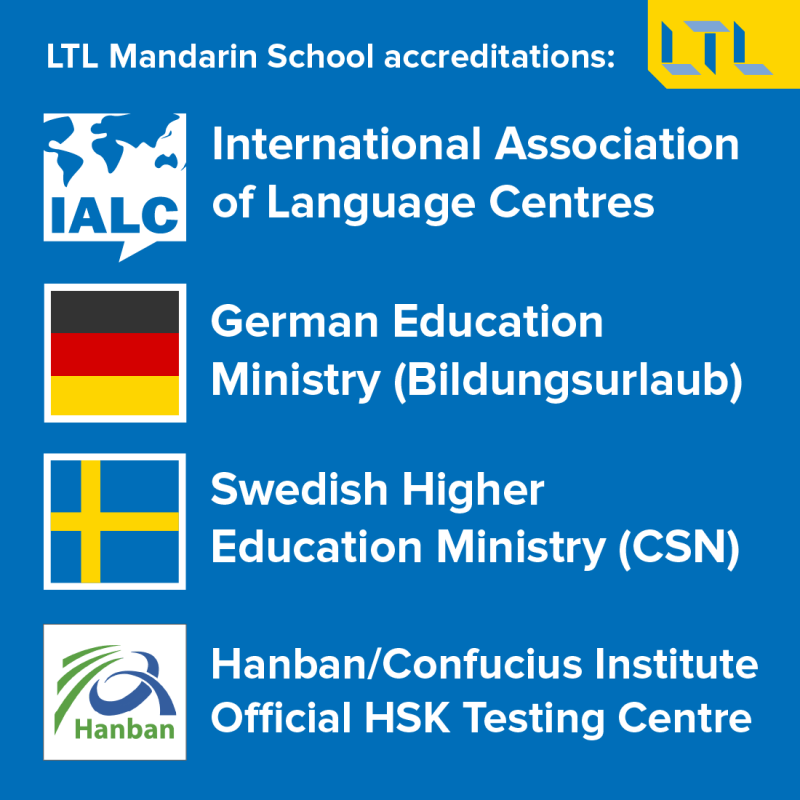HOW TO LEARN VIETNAMESE
What are the best ways to Learn Vietnamese? Follow our guide and 10 quick tips to put yourself on the road to success.
Vietnamese (Kinh) is the official language of Vietnam and spoken by almost 100 million people.
It is the biggest language of the Austroasiatic language family.
The second most popular Austroasiatic language is Khmer, largely spoken in Cambodia, but also in parts of Vietnam.
Due to its long and varied history Vietnamese has been influenced by many other languages.
While Khmer (Cambodian) is considered it’s closest relative, it is estimated about 50-60% of modern Vietnamese words have a Chinese origin, and about 4% from French.

Vietnamese is a tonal language, famous for its difficult pronunciation, especially the vowels. Until the early 19th century Vietnamese was written in Chữ Nôm, Vietnam’s own writing system, loosely based on early Chinese Characters.
As Chữ Nôm was considered too difficult by the French invaders, from 1910 the French colonial occupation forced the Latin alphabet based Chữ quốc ngữ upon the Vietnamese people.
It still remains the official writing system of Vietnam.
WHY LEARN VIETNAMESE?
Vietnamese is a fascinating language and once one leaves the expat bubbles of the big cities or well-trodden tourist paths, the only way to do virtually anything in Vietnam is to do it in Vietnamese.
The pronunciation and tones make starting to learn the language quite challenging.
However once a learner masters the pronunciation, the rest of the language is quite manageable.
There are no conjugations, irregular verbs, genders and many of the other issues that give learners of other languages headaches around the world.
HOW TO LEARN VIETNAMESE – 10 QUICK TIPS
Being the experts in Vietnamese we know how to succeed! Here are ten must follow tips on how to learn Vietnamese:
- Decide on the dialect to learn at the beginning
- Focus on tones
- Learn the vowels
- Get a good teacher to correct your pronunciation
- Listen a lot to improve your pronunciation
- Don’t be afraid to make mistakes. Just speak
- Know that it can be frustrating and do not give up
- Avoid going to expat dominated areas of Vietnam where English is widely spoken
- Speak slowly, there is no rush
- Make Vietnamese friends
Fancy giving it a go? Check out our online Vietnamese courses here.
GETTING STARTED WITH VIETNAMESE
First pick the accent you want to learn.
There are huge differences between Northern, Central and Southern Vietnamese.
Then get the tones and vowels under control.
They differ for each local dialect. Southern Vietnamese for example pronounce the hỏi and ngã tones the same, whereas in the North they are pronounced differently.
Afterwards just speak as much as you can as Vietnamese grammar is quite forgiving when making grammar mistakes.
In general Vietnamese people are very appreciative of foreigners learning Vietnamese.

WHICH ACCENT TO LEARN
The official language of Vietnam is based on the Hanoi accent, as is the countries writing system. However, in Southern Ho Chi Minh City or Central Hue a very different kind of Vietnamese is spoken.
While many people choose to learn Hanoi Vietnamese as it is the “official” language, for someone who plans to live in the South, learning Saigon Vietnamese could make a lot more sense.
Learning Hanoi style words makes communication in other parts of the country quite difficult. Beginners especially struggle when the pronunciation and vocabulary learned in the classroom is different to what you will hear on the street.
We recommend to learn the dialect of the area you are planning to live in/visit or feel most connected to.
At the same time the writing system is exclusively based on Hanoi pronunciation. When studying for example Hue Vietnamese pronunciation, you will often discover that the way words are pronounced is quite different to how they are written.
HOW TO GET STARTED
The basis and most difficult part of Vietnamese are the tones and pronunciation.
You will be learning about Diphtones, Triphtones and vowels that exist in no other language and some rather strange consonants too.
This can make learning Vietnamese quite intimidating at the beginning.
Even when you know a word, chances are that native speakers still will not understand you because you do not pronounce it correctly yet.
The good news is that once you get past this, things get a lot easier. Vietnamese grammar is much less of a headache than Japanese, Spanish or Russian.
So just get your head down, take your time to learn the tones and pronunciation and do not get frustrated when you struggle.
Everyone does. You will get through it and the sun shines much brighter on the other side once you get there.
HOW TO STUDY VIETNAMESE
Due to the difficult pronunciation having a trained and qualified Vietnamese teacher to instruct you especially at the beginning is essential.
In German or Italian, for example, you can get away with pronunciation a little bit more as you can still be understood.
Not so in Vietnamese.
You need someone to correct and help you with getting past all those vowels.
It is challenging, but do not give up.
You will get there it just takes a bit of time.
Here at LTL, you can study Vietnamese in a number of ways to suit you:
- Flexi Classes – Study Vietnamese, anytime, anywhere
- Individual Classes – Get tailored Vietnamese lessons
- Small Group Classes – Groups never exceed six students
- Classes for Kids – Classes specifically for under 18’s
WHAT IS FUN ABOUT LEARNING VIETNAMESE?
Loads of things are. One of the strangest things for non-Vietnamese speakers is that Vietnamese people refer to themselves in the 3rd person all the time.
Instead of saying “I study Vietnamese” I would say “Andreas studies Vietnamese” which in English sounds rather strange.
Also having constantly to guess other people’s age so you know how to address them is an interesting experience.
FREQUENTLY ASKED QUESTIONS
How many Vietnamese speakers are there?
There are roughly 90+ million Vietnamese speakers in total.
Do Vietnamese people also speak French?
Actually no!
Less than 1 percent of Vietnam’s population have any sort of proficiency in French.
Is Vietnamese a big language?
Vietnamese is in fact the biggest language of the Austroasiatic language family.
Whilst it is certainly not widely spoken worldwide, in this family of languages, it is very well known.
Are there types of dialect in Vietnam?
Yes and they do differ quite widely.
It’s best to research and choose your dialect before learning Vietnamese.
An example of how they differ – Southern Vietnamese for example pronounce the hỏi and ngã tones the same, whereas in the North they are pronounced differently.
Is Vietnamese a tonal language?
Yes it is.
Vietnamese is famous for its difficult pronunciation, especially the vowels.
Until the early 19th century Vietnamese was written in Chữ Nôm, Vietnam’s own writing system, loosely based on early Chinese Characters.
Is Vietnamese similar to another language?
While Khmer (Cambodian) is considered it’s closest relative, it is estimated about 50-60% of modern Vietnamese words have a Chinese origin, and about 4% from French.















